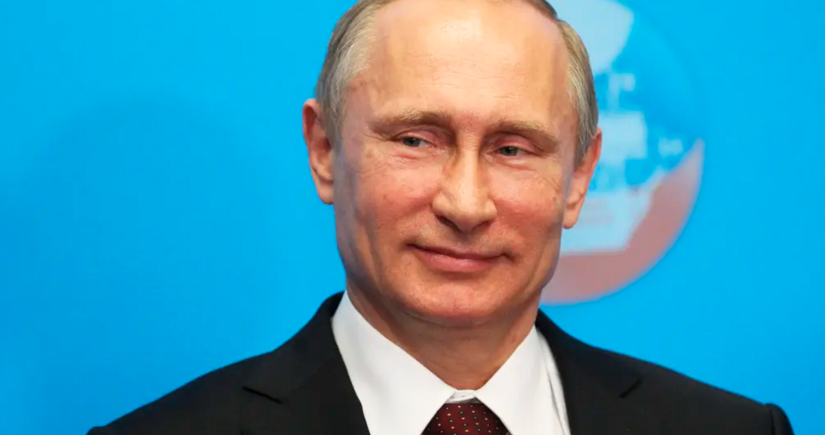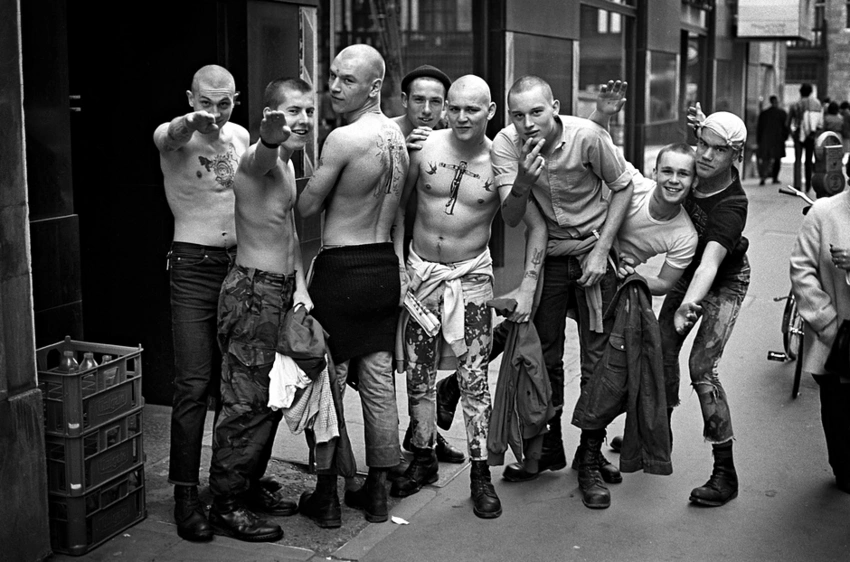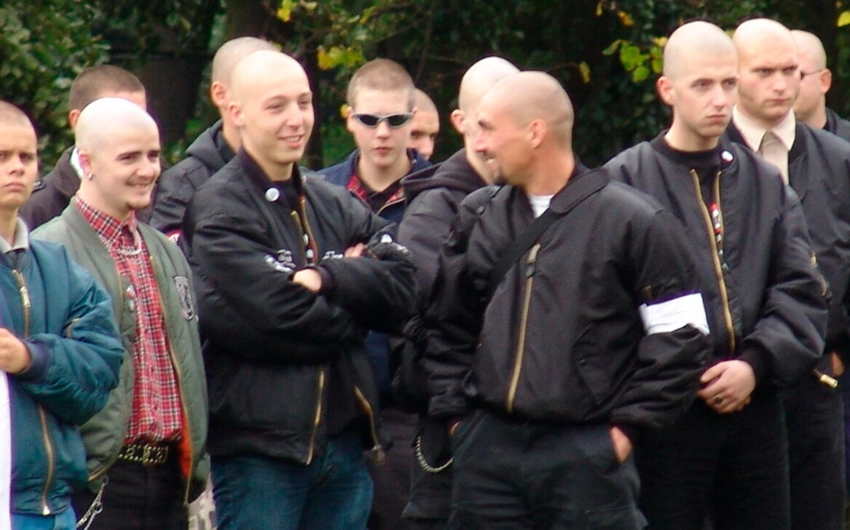State of 'Skinheads': Putin's 'Shaved head' policy, or 'A wet man does not fear the rain'
- 29 June, 2025
- 17:41

Act of cruelty by the Federal Security Service of Russia against Azerbaijani families in Yekaterinburg, accompanied by the murder of two of our compatriots, as well as beating, torture, and arrest of dozens of other Azerbaijanis, has become another major stain on the reputation of this country, which is already at rock bottom.
If previously we witnessed almost daily attacks by nationalist groups on non-Russians, raids on markets, neo-Nazi marches called "Russian March," now we see the continuation of this "crusade" at the state level.
From everyday xenophobia to state policy
The process of transforming everyday xenophobia into Russian state policy is not a matter of today and represents a consistent political line pursued during Vladimir Putin's rule.
If you remember, about 10 years ago, rampaging skinhead groups such as "Piranha-74" (radical ultra-nationalists with shaved heads) were eliminated in this country, which was presented as the Kremlin's fight against neo-Nazis. However, it would be naive to expect that in a state where chauvinism has deep roots, this problem could be eliminated by some cosmetic administrative methods.
Those who knew that behind these groups attacking non-Russians on streets, markets, in the metro, beating and killing migrants and in many cases remaining unpunished, was precisely the state, understood that this was not about eradicating this ugly phenomenon. Simply, Putin, realizing that bald-headed street gangs would eventually become a headache for Russia itself, decided to concentrate these powers in the hands of security forces. What happened today in Yekaterinburg and the preceding events confirm this once again.

Law enforcement agencies or punitive squads?
If we recall that over the past month, Uzbeks and Kyrgyz living in Moscow have also been subjected to similar attacks by Russian law enforcement agencies, we can see that the process is systematic, and the orders come from a single center. However, attacks on citizens of Uzbekistan and Kyrgyzstan were linked to their violations of migration laws, while raids on Azerbaijani families' homes in Yekaterinburg are justified by a different motive. Nevertheless, in any case, since law enforcement agencies are acting as punitive squads, it is obvious that everything happening is part of a unified racist policy.
Of course, illegal mass migration is a serious social problem that concerns all states. But what is happening in Russia is more a consequence of racist policy than a solution to social problems.
These attacks are being carried out with increasing brutality and demonstrativeness, which is designed for mass effect. The goal is to create fear among "newcomers" who do not wish to be forcibly sent to the front instead of Russian youth, who do not trust their state, evade service, and do not want to participate in the occupation of Ukrainian lands.

Who is the main criminal?
By the way, in May, the chairman of the Investigative Committee of Russia, Alexander Bastrykin, himself admitted that law enforcement agencies "detained" 20 thousand migrants and sent them to the Ukrainian front. But the same Bastrykin acknowledged that only 4.3% of criminal offenses in Russia are committed by migrants. Consequently, there is no objective necessity for such demonstrative attacks by Russian law enforcement structures on non-Russians. At best, the authorities may have political motives, and we are now witnessing steps being taken precisely in this direction.
The participation in these processes of such propagandists as Putin's aide Vladimir Medinsky, pro-Armenian deputy Konstantin Zatulin, journalist "with a spat-upon face" Vladimir Solovyov, testifies to the scale of the "crusade."
The Kremlin facing a rhetorical question
As for the direct attitude towards Azerbaijan and Azerbaijanis, it is obvious that Moscow cannot digest the tough and principled position of official Baku after the crash of the AZAL civilian aircraft as a result of strikes in Russian airspace. However, Moscow, having lost all its strength and face in the war against Ukraine, having lost such an outpost in the South Caucasus as Armenia, and having ceded its positions in Central Asia to China, would be better off refraining from steps that could damage good-neighborly relations with Azerbaijan.
Vladimir Putin, who once ordered the elimination of skinhead groups that were under the Kremlin's own patronage, and then legalized the neo-Nazi movement and registered a new ultra-nationalist movement "Russian Community," now, by directing law enforcement structures and the propaganda machine against non-Russians, will ultimately face a rhetorical question: "What is more dangerous: bald street boys or an uncontrollable state?"
Report's analytical group
